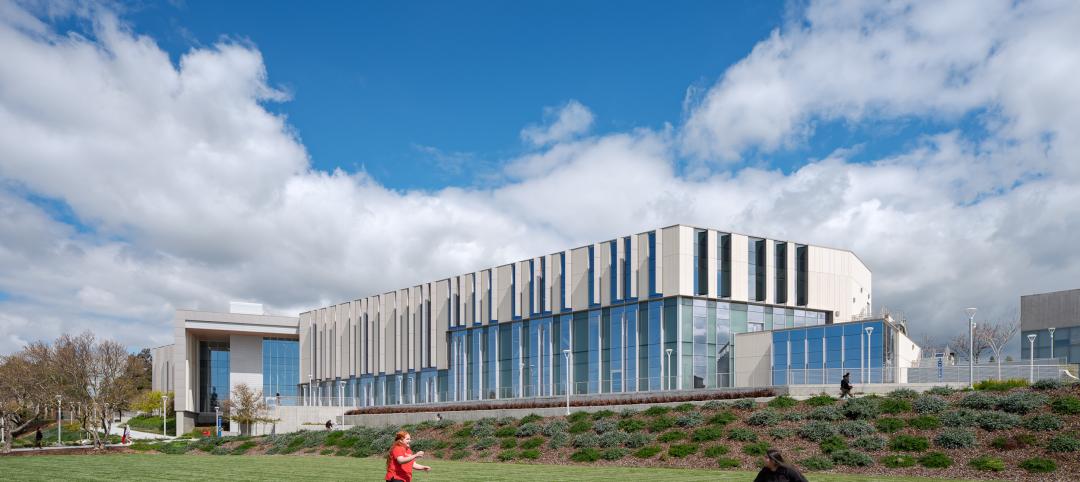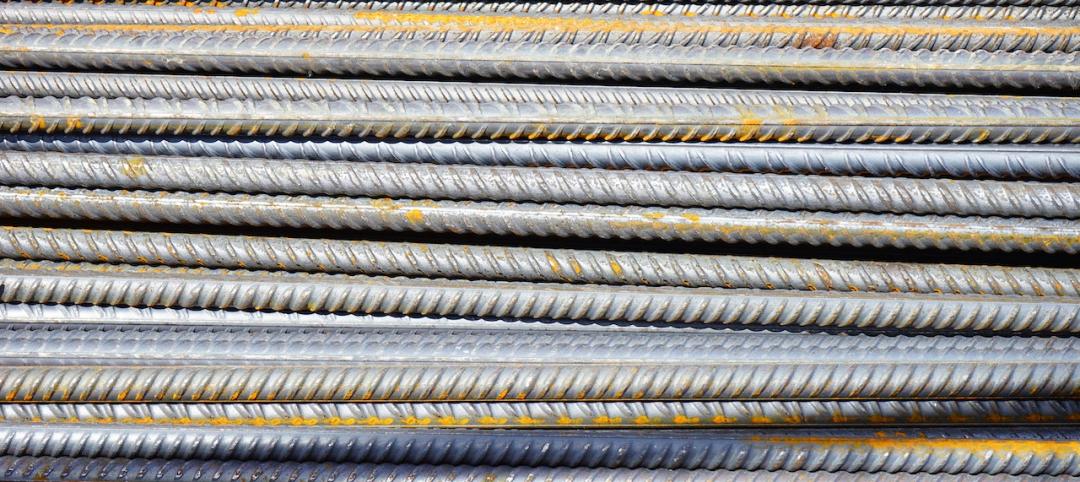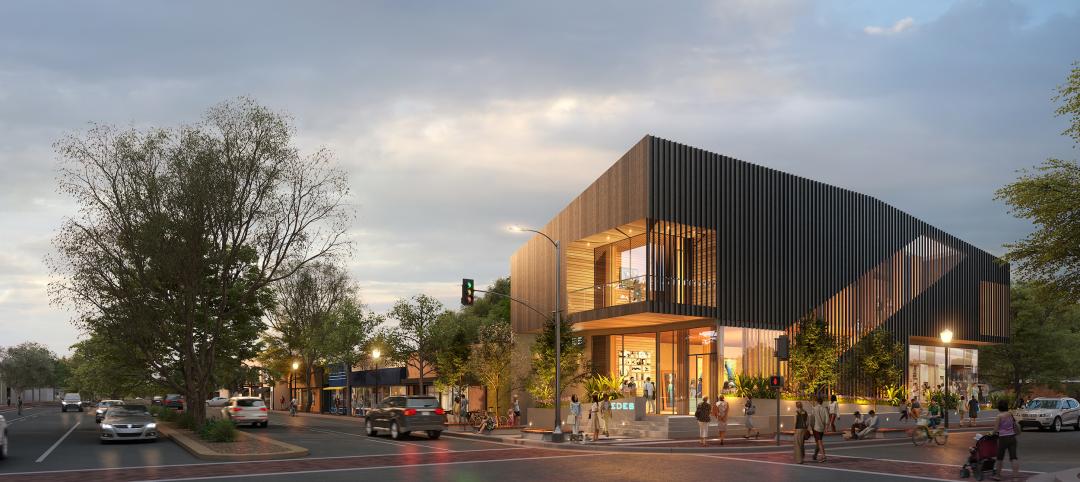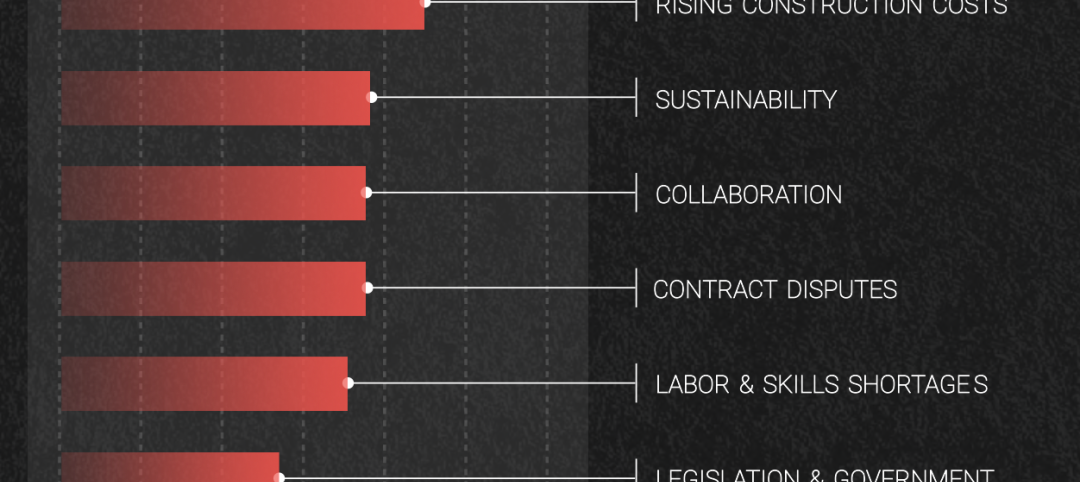Claims, disputes, arbitration, litigation: these are dreaded procedural pitfalls that often dog construction projects large and small. Not only are they time-consuming to work through, but they’re costly, too: The National Research Council estimates that $4B to $11B is spent annually in resolving these cases in the U.S. market.
At the North American office of Rider Levett Bucknall, the approach we take to avoid or minimize the number of conflicts that end up in post-project arbitration or litigation dispute often centers on using Project Neutrals or independent Dispute Review Boards (DRB).
These individuals are trained, neutral advisors who focus solely on the project, not on any one party’s position. Part psychiatrist, part negotiator, DRBs and Project Neutrals understand, manage, and resolve conflicts caused by normal construction processes in order to avoid disputes. They work with owners, architects, contractors, and consultants to transition the industry-collective mindset from conflict to conflict resolution, and ultimately to dispute avoidance.
Here are five core practices that Project Neutrals and DRBs utilize to keep the peace, while keeping a project on-track.
1. Develop trusting relationships with each stakeholder. When trust levels are high, people tend to be less defensive and are more willing to share information to help find a mutually acceptable solution to a problem. If parties mistrust one another, they often act defensively, focusing solely on their own needs and interests. Creating a working relationship that is trust-based makes conflict management and resolution easier.
2. Play an active, integrated role in the overall project team. If you want to be prepared to handle conflicts, it’s important not to sit passively on the sidelines during the design and construction process. Connecting regularly—through meetings, emails, and phone calls—with key players from the start of a project can establish you as a familiar, concerned, and impartial presence, rather than a biased opportunist or outlier.
3. Communicate clearly. The sheer quantity of documentation and communication generated by construction projects can be massive; the quality of those documents, in terms of clarity and meaning, can be ambiguous, inflammatory, or even overwhelming. Using simple and considerate language can avoid small misunderstandings—and keep them from escalating into major conflicts.
4. Treat all parties equally and fairly. If you demonstrate competence, honesty, and respect for the project and all its stakeholders, people will be confident in your ability to protect their interests and provide fair advice, recommendations, and guidance. This empowers each party to be open to conflict resolution, secure in the knowledge that, if necessary, you can be relied upon to provide sincere and balanced feedback.
5. Serve as a resource to help stakeholders explore mutually acceptable solutions.It’s not easy to challenge the traditionally adversarial culture of the construction industry. If you present people with reasonable and effective options to the expensive, ingrained blame game that pervades the business, you’ll earn the esteem of your professional colleagues and be recognized as a leader in the field.
Employed regularly, these fundamental dispute-avoidance techniques can bring a new harmony to construction projects, resulting in streamlined schedules and enhanced bottom lines.
About the Author: John T. Jozwick, Esq., is Senior Vice President and General Counsel for Rider Levett Bucknall North America. With more than 35 years in the industry, Jozwick provides advisory services to owners, contractors, subcontractors, design professionals, sureties, and attorneys relating to construction projects and disputes. He serves clients as an expert witness, provides alternative dispute resolution services as Arbitrator or Mediator, and provides construction dispute avoidance services as a Dispute Review Board member, Project Neutral, or Independent Certifier.
Related Stories
Multifamily Housing | Jun 15, 2023
Alliance of Pittsburgh building owners slashes carbon emissions by 45%
The Pittsburgh 2030 District, an alliance of property owners in the Pittsburgh area, says that it has reduced carbon emissions by 44.8% below baseline. Begun in 2012 under the guidance of the Green Building Alliance (GBA), the Pittsburgh 2030 District encompasses more than 86 million sf of space within 556 buildings.
Industry Research | Jun 15, 2023
Exurbs and emerging suburbs having fastest population growth, says Cushman & Wakefield
Recently released county and metro-level population growth data by the U.S. Census Bureau shows that the fastest growing areas are found in exurbs and emerging suburbs.
Engineers | Jun 14, 2023
The high cost of low maintenance
Walter P Moore’s Javier Balma, PhD, PE, SE, and Webb Wright, PE, identify the primary causes of engineering failures, define proactive versus reactive maintenance, recognize the reasons for deferred maintenance, and identify the financial and safety risks related to deferred maintenance.
University Buildings | Jun 14, 2023
Calif. State University’s new ‘library-plus’ building bridges upper and lower campuses
A three-story “library-plus” building at California State University, East Bay (CSUEB) that ties together the upper and lower campuses was recently completed. The 100,977-sf facility, known as the Collaborative Opportunities for Research & Engagement (“CORE”) Building, is one of the busiest libraries in the CSU system. The previous library served 1.2 million visitors annually.
Resiliency | Jun 14, 2023
HUD offers $4.8 billion in funding for green and resilient building retrofit projects
The Department of Housing and Urban Development (HUD) recently released guidelines for its Green and Resilient Retrofit Program (GRRP) that has $4.8 billion for funding green projects.
Arenas | Jun 14, 2023
A multipurpose arena helps revitalize a historic African American community in Georgia
In Savannah, Ga., Enmarket Arena, a multipurpose arena that opened last year, has helped revitalize the city’s historic Canal District—home to a largely African American community that has been historically separated from the rest of downtown.
Building Materials | Jun 14, 2023
Construction input prices fall 0.6% in May 2023
Construction input prices fell 0.6% in May compared to the previous month, according to an Associated Builders and Contractors analysis of the U.S. Bureau of Labor Statistics’ Producer Price Index data released today. Nonresidential construction input prices declined 0.5% for the month.
Contractors | Jun 13, 2023
The average U.S. contractor has 8.9 months worth of construction work in the pipeline, as of May 2023
Associated Builders and Contractors reported that its Construction Backlog Indicator remained unchanged at 8.9 months in May, according to an ABC member survey conducted May 20 to June 7. The reading is 0.1 months lower than in May 2022. Backlog in the infrastructure category ticked up again and has now returned to May 2022 levels. On a regional basis, backlog increased in every region but the Northeast.
Mass Timber | Jun 13, 2023
Mass timber construction featured in two-story mixed-use art gallery and wine bar in Silicon Valley
The Edes Building, a two-story art gallery and wine bar in the Silicon Valley community of Morgan Hill, will prominently feature mass timber. Cross-laminated timber (CLT) and glulam posts and beams were specified for aesthetics, biophilic properties, and a reduced carbon footprint compared to concrete and steel alternatives.
Industry Research | Jun 13, 2023
Two new surveys track how the construction industry, in the U.S. and globally, is navigating market disruption and volatility
The surveys, conducted by XYZ Reality and KPMG International, found greater willingness to embrace technology, workplace diversity, and ESG precepts.

















